Why Primary Doctrine? 41 Churches Represented at TRA
Regula fidei (rule of faith), ho kanon tes aletheias (canon of truth), and regula veritatis (rule of truth) are all first and second century Latin terms that were used to describe the basics of the Christian faith, also known as primary doctrines.
How do these terms relate to TRA? (No, this is not a strategic plug to promote our Latin program, although it could have been…)
TRA is the only non-denominational/non-church affiliated school in The Valley, and for this reason, the worldview here at TRA is based on the primary doctrines of the Christian faith. Focusing on primary versus secondary doctrinal issues can be challenging, so what are considered primary doctrines and what does this look like on a day-to-day basis at TRA?
The Apostle Paul clearly states primary doctrine in 1 Corinthians 15 starting at verse 3: “For I delivered to you as of first importance what I also received: that Christ died for our sins in accordance with the Scriptures, that he was buried, that he was raised on the third day in accordance with the Scriptures, and that he appeared to Cephas, then to the twelve (emphasis added).” Theologians often describe primary doctrine as “elements of first importance,” using Paul’s language quoted above. Early church creeds such as The Apostles Creed and The Nicene Creed clearly state what the Christian community agrees are “primary doctrines.” Another great resource to read through is the TRA Statement of Faith. This can help clarify any issues you may be thinking through.
What are these basics (or primary doctrines) that all Christians agree on?
There is only one God in three persons (Father, Son, and Holy Spirit: the Trinity).
God created the heavens and the earth.
Jesus was born to a virgin, was crucified, died, was buried, and was raised from the dead.
Jesus forgives sins.
All who trust in Jesus for salvation from sin will have eternal life in heaven.
Jesus is currently seated at the right hand of the Father and will judge everyone on the Last Day.
All Christians are part of the Big C (The Church).
A few secondary doctrinal issues have come up during the course of this school year, and I have had the privilege and joy of reminding both parents and staff that parents have the final say on these matters when it comes to what they teach their own children.
What does this understanding of primary versus secondary doctrines look like on a day-to-day basis at TRA?
TRA doesn’t prefer one evangelical Christian denomination over another; over 40 churches are represented at TRA. It is a parent's privilege and responsibility to choose a home church (little “c”) that best fits their understanding of God’s word.
TRA doesn’t require one form of education for children over another. God has given children to parents, so it is clearly up to parents to choose the best schooling option for their own unique child(ren)—be it TRA, another private school, homeschool, or public school.
TRA doesn’t require one specific view of creation outside of acknowledgement that God created the world (young earth, old earth, etc.).
TRA doesn’t require a particular belief regarding baptism, either in receipt or mode (infant, believer; immersion, sprinkling, pouring).
TRA staff will direct students’ questions regarding secondary doctrines back to parents. As students get older, teachers may give an opinion and class discussions will dive deep into these topics extensively, but we will ultimately encourage students to explore the Scriptures and raise these questions with their parents.
The content of this blog is pretty deep. For the average person, what’s the real benefit of all this?
I’m glad you asked! At TRA we have the joyful freedom to live in fellowship and love alongside our brothers and sisters in Christ from numerous backgrounds, various churches, and with differing doctrinal beliefs. We can celebrate our differences, have intelligent debates, agree to disagree in loving ways, and raise up the next generation of Christian leaders as we focus on regula fidei (rule of faith), ho kanon tes aletheias (canon of truth), and regula veritatis (rule of truth)—in other words—on the doctrines that ultimately teach the gift of salvation through the Lord Jesus Christ alone.
It is a privilege to partner with you on the incredible mission of educating the next generation of Christian leaders.
-Mike Picciottoli
Head of School
